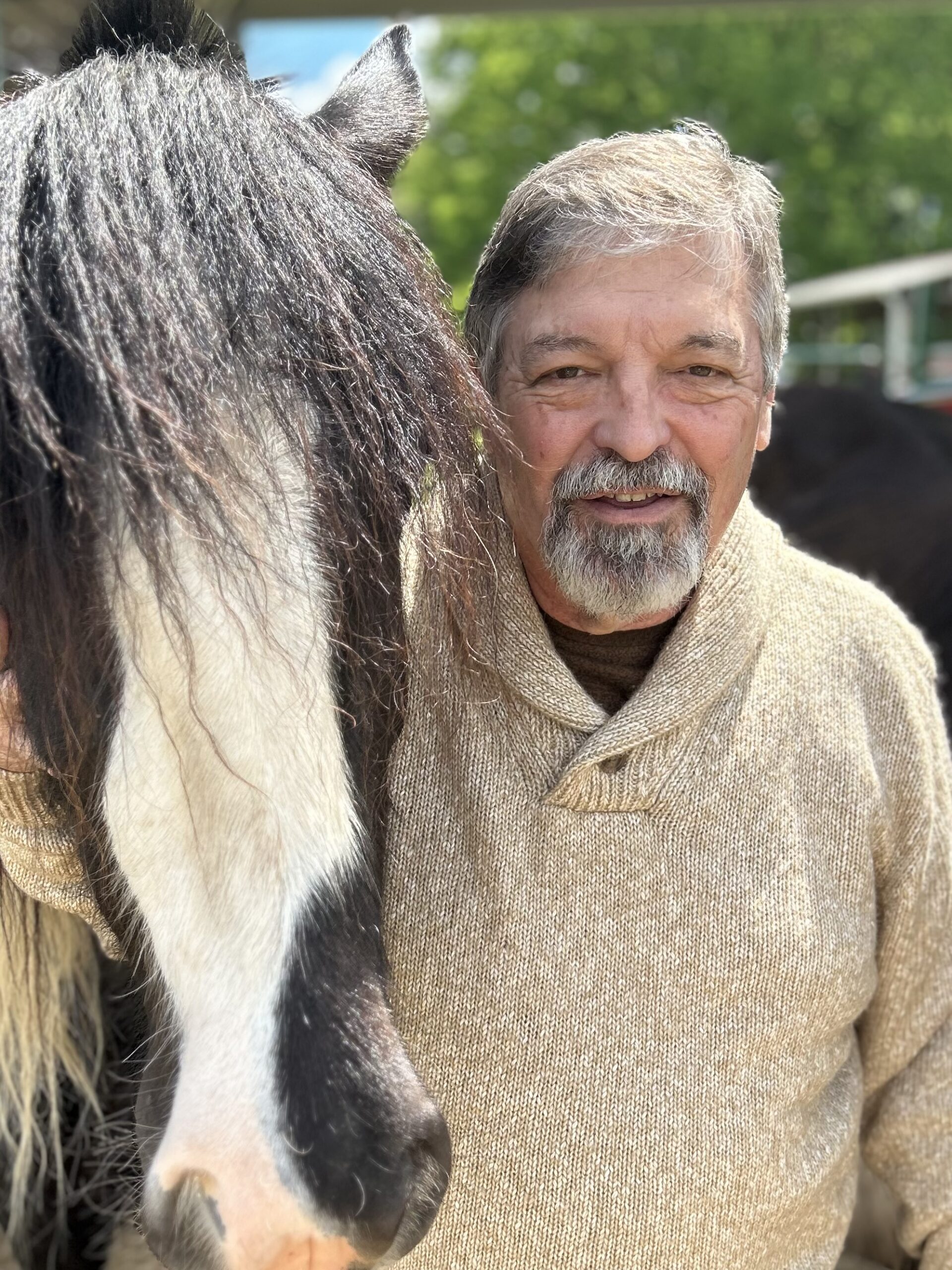Brad’s Journey

Early Life…
I was born in Roanoke, Virginia, at 9:14 p.m. on Feb. 11, 1953. (Astrologers, what do you think?) My full name is John Bradley Burkholder. (Numerologists, have a go at it.) As a little boy, I had a brief conversation with a ghost. As a teenager, I considered becoming a preacher. In college, I became a poet. After college and graduate school, I worked, mostly teaching college English and creative writing. But I wasn’t happy. I had big questions, yet I couldn’t find satisfactory answers.
If you could say one sentence to the universe, it would be a question, wouldn’t it?

Poetry
Without having any particular reason to do it—except that I felt I had to—I became a poet. You’ve probably never seen a poem I wrote. I never cared about publishing. For most of my life, I’ve said that I write for God first, the dead poets second, and everyone else third. It’s funny, though—my spiritual life opened up precisely because I’m a poet. I have worked hard to perfect my craft, though, and I’ve even invented a type of poetry all my own. I’m not into forcing poetry on people, but in my blogs I’ll tell how being a poet ties in with everything I’ve learned since 1997.

Spiritual Journey
I should be dead. When I was 24, I was riding a motorcycle when a car pulled out right in front of me. I braked, but there wasn’t space enough to stop or room enough to swerve. Suddenly, just before impact, the bike turned sharply and took me—within inches of the car—up the side street the car had emerged from. I didn’t turn that bike. I couldn’t have. Something invisible took control and saved my life.
Twenty years later Ramoth told me something that would change every moment day of the rest of my days. “Now, why do you think you’ve been given this information?” he asked. I said the only words I could think of: “For a great spiritual purpose.” “Yes,” said Ramoth.
That spiritual purpose is why I wasn’t allowed to die at 24. The time has come to put that purpose into action.
-
The Narrative Line, Part 2
Last time, we discussed the narrative line as an essential element of good poetry, the kind of poetry that might find a publisher. That narrative line brings drama into the poem, and, to rephrase Robert Frost again, anything written is only as good as it is dramatic. Drama more or less equals movement, and movement…
-
The Narrative Line
Quite a few years back, I attended a small conference where the primary speaker was a gentleman who published a poetry magazine as well as collections of poems. He talked a bit about form and content and how each needed to complement the other in order to make a truly successful poem. Then he discussed…
-
Practicing Poetry Through Imitation
Poetry Blog 4 When we’re a short distance down the poet’s path, most of us try to write in the manner of poets we admire. There’s nothing wrong with that. It’s a natural part of our progression along the path. At one point I tried to write like James Dickey. By the time I entered…
-
How I Wrote My Latest Poem
Poetry Blog 3 With 50 years of writing behind me, I’m still learning how to create poems. Recently I wrote a poem that’s a little different from many that I write, and once I had a draft completed and began chipping away at it, trying to improve it line by line and word by word,…
-
Logometrics
Last time I promised to tell why I call this blog The Poet’s Path rather than The Poets’ Path. After all, it’s our path and we’re poets, so shouldn’t it be the path of all of us instead of the path of one poet? That makes perfectly good sense, and it would be quite appropriate…

Get in Touch
Reach out to hear more about Brad’s journey!